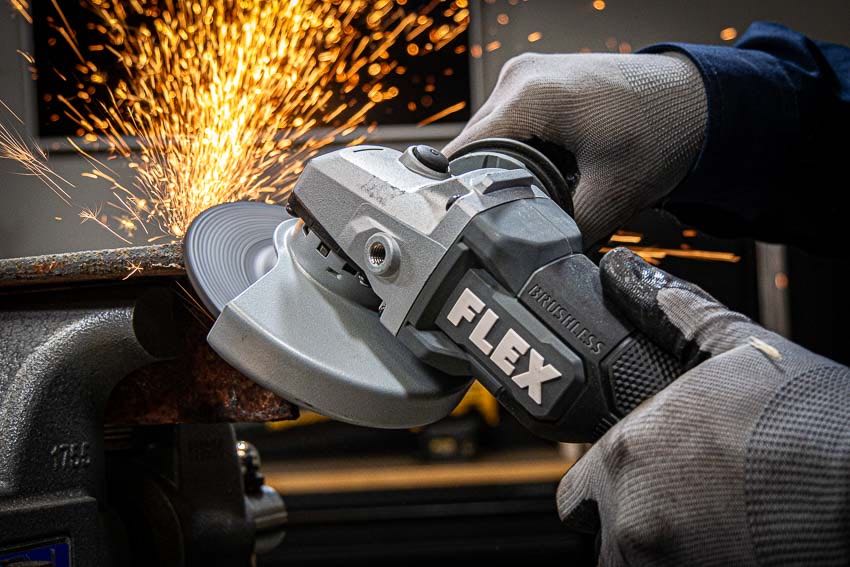Choosing the right drill tool can be a daunting task, especially with the plethora of options available in the market today. However, understanding your needs, the project requirements, and the different types of drill tools can make the process less overwhelming. This article aims to provide an in-depth guide on how to choose a drill tool that best suits your needs.
- Identify Your Needs
The first step in choosing a drill tool is to identify your needs. Are you a DIY enthusiast working on a home project, or a professional contractor needing a drill for heavy-duty work? The frequency and intensity of use will significantly influence the type of drill you need.
- Understand the Different Types of Drill Tools
There are several types of drill tools, each designed for specific tasks. Here are the most common ones:
- Cordless Drills: These are versatile and convenient for most household tasks. They come with rechargeable batteries, allowing you to work without worrying about a power source.
- Corded Drills: These are more powerful than cordless drills and are ideal for heavy-duty tasks. However, they require a constant power source.
- Hammer Drills: These are designed for drilling into hard materials like concrete or brick. They combine rotation and a hammering action to break through tough surfaces.
- Rotary Hammer Drills: These are even more powerful than hammer drills and are typically used for professional construction tasks.
- Impact Drivers: These are used for driving screws and bolts. They provide a strong, sudden rotational force when struck on the back with a hammer.
- Consider the Power
The power of a drill is measured in volts for cordless drills and watts for corded drills. Higher voltage or wattage means more power, but it also means more weight. Choose a drill with enough power to handle your tasks without being too heavy for comfort.
- Check the Speed
Drills with variable speed give you more control over your drilling tasks. Lower speeds are ideal for driving screws, while higher speeds are better for drilling holes.
- Look at the Chuck Size
The chuck is the part of the drill that holds the bit. Larger chuck sizes allow for larger drill bits, which means you can drill larger holes. Most household tasks can be accomplished with a 3/8 chuck, but heavy-duty tasks may require a 1/2 chuck.
- Consider the Battery Life (for Cordless Drills)
If you're choosing a cordless drill, consider the battery life. Lithium-ion batteries are lighter, more powerful, and have a longer lifespan than traditional NiCad batteries.
- Don't Forget the Extras
Additional features like built-in LED lights, belt clips, and carrying cases can add convenience and value to your drill. Also, consider if the drill comes with a warranty for peace of mind.
In conclusion, choosing the right drill tool requires a clear understanding of your needs, the tasks at hand, and the features of different drill types. By considering all these factors, you can select a drill tool that is not only functional and efficient but also provides value for your money.
About Author
You may also like
-
Liquid Syrup Filling Machine: A Comprehensive Guide for Efficient, Accurate, and Scalable Production
-
Why Powered Air Purifying Respirators Improve Comfort and Compliance
-
How 3240 Fiberglass Sheets Improve Durability and Electrical Insulation
-
Explosion-Proof Temperature Switch Selection and Deployment in Hazardous Areas
-
Maximizing Space Efficiency with Innovative Warehouse Storage Shelf Designs

